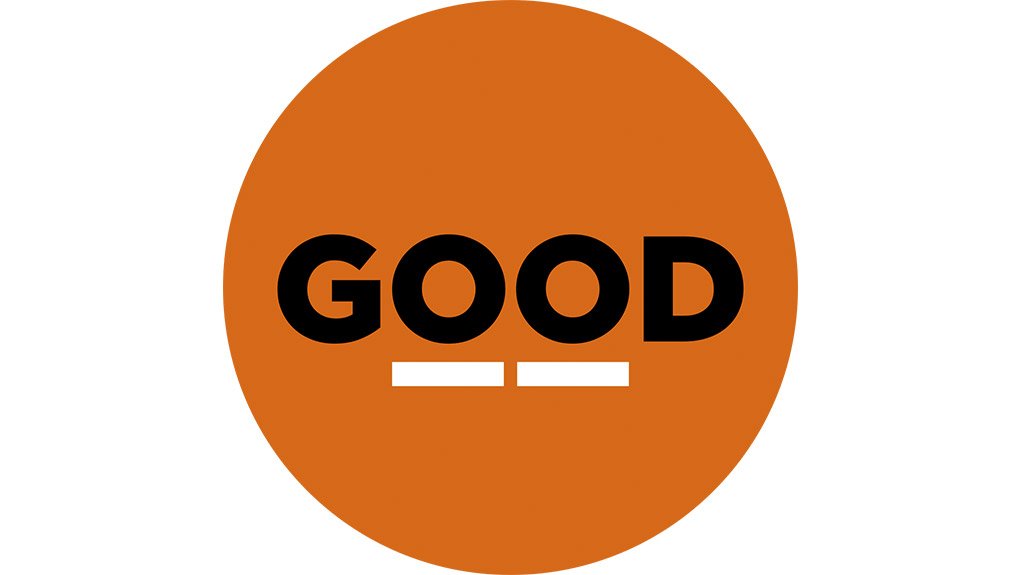/ MEDIA STATEMENT / The content on this page is not written by Polity.org.za, but is supplied by third parties. This content does not constitute news reporting by Polity.org.za.
In a sea of competing needs, with little wriggle room due to lethargic economic growth, the State can either continue spreading its resources so thin that their impact is barely noticeable, or it can narrow down its priorities and make hard budgetary choices.
These hard choices need to be made with acute focus on fixing our triple crisis of unemployment, inequality and poverty.
Hard choices will include the cost of the three-tiered structure of government, itself; about terminating under-delivering programmes; about whether the money spent on protection of the executives at all levels of government wouldn’t be better spent servicing the chronic needs of the people.
Hard choices need to prioritise access to clean water, access to dignified and affordable housing, and the development of public and freight transport, ports and network industries.
And, hard choices on measures to narrow inequality and reduce the people’s suffering, such as implementing a Basic Income Grant, and the long-abandoned recommendation of the Truth and Reconciliation Commission on the need for a wealth tax.
The only way to make such choices is through chucking out the business-as-usual approach to budgeting – which essentially involves incremental changes to last year’s budget, and previous years – and moving to a new system known as zero-based budgeting.
Zero-based budgeting requires re-evaluating each budgetary expense, starting from zero, rather than using the previous year's budget as a base.
What this practically means is that each government department must be able to justify its costs for each budgetary period, irrespective of what it received the previous year.
It weeds out under-performers and waste and frees up desperately needed money to be better spent elsewhere.
If the non-racial constitutional democracy, as we know it, is to be sustained, government has no option but to prioritise servicing the basic socio-economic needs of tens of millions of South Africans who remain stuck on the margins of society where apartheid deliberately placed them.
Poverty is South Africa’s greatest existential threat, not Afriforum and/or Donald Trump.
The fact that 18 million South Africans of working age can’t afford to feed themselves (last year the food poverty line was R796 a month) and therefore qualify for the R370 SRD Grant – which only 10 million receive due to budgetary constraints – creates a ticking time-bomb.
Implementing a Basic Income Grant should be Priority Number One.
Some politicians say the country cannot afford it, but GOOD says the reason the country can’t afford it is because its budgetary system doesn’t enable it.
The money is in the system, but it’s directed elsewhere. Economic research GOOD conducted nearly two years ago pointed to the country being able to afford a R999 BIG if it changed its approach to budgeting.
South Africa is Constitutionally obliged and can no longer afford not to implement a Basic Income Grant of a quantum sufficient to enable citizens to feed themselves.
Besides the Constitutional imperative, the Government of National Unity is bound by its Statement of Intent to social justice, redress and equity, the alleviation of poverty, human dignity and the progressive realisation of socio-economic rights of all citizens.
Issued by Brett Herron, GOOD: Secretary General
EMAIL THIS ARTICLE SAVE THIS ARTICLE ARTICLE ENQUIRY
To subscribe email subscriptions@creamermedia.co.za or click here
To advertise email advertising@creamermedia.co.za or click here











